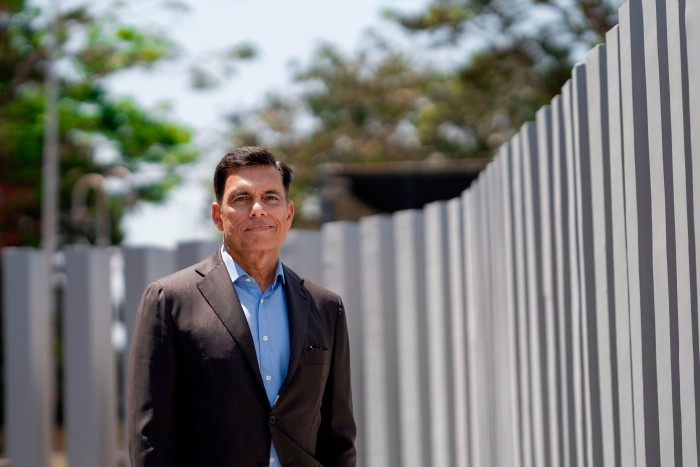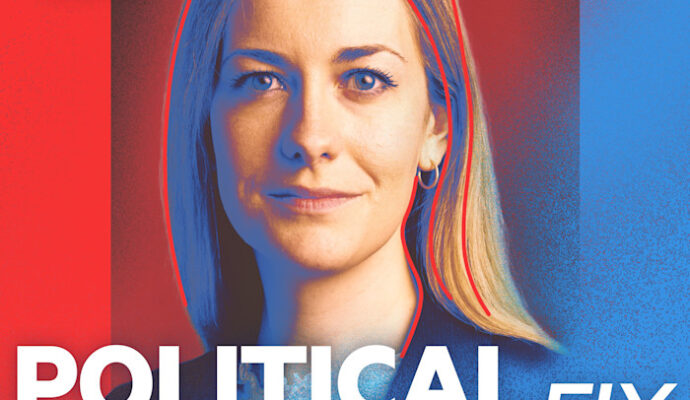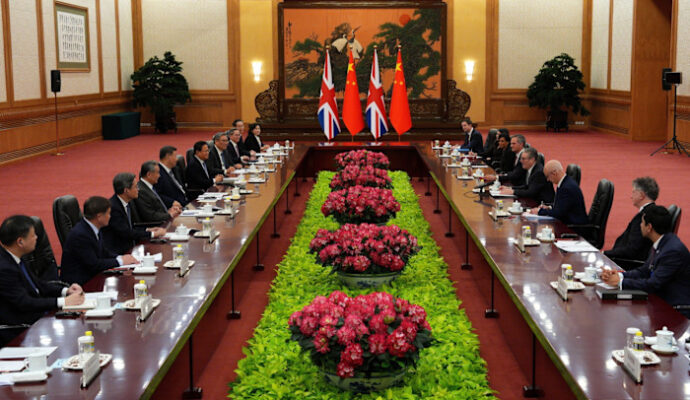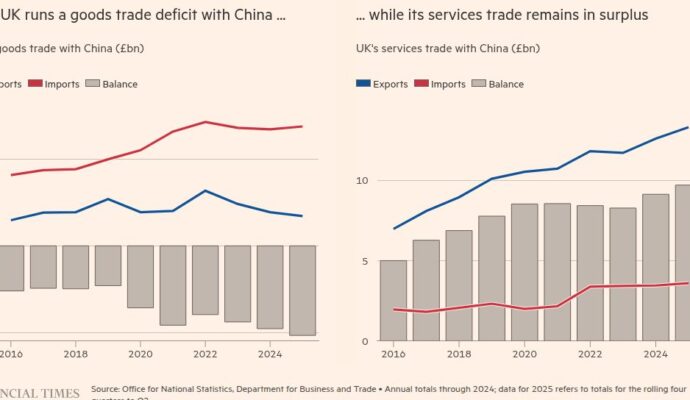Stay informed with free updates
Simply sign up to the Indian business & finance myFT Digest — delivered directly to your inbox.
India’s “shoestring” research and development budgets leave it dependent on strategic rival China for the technology it needs to boost manufacturing, said steel billionaire Sajjan Jindal as he prepares to launch an electric vehicle brand.
The 65-year-old chair of JSW Group, which owns India’s largest steelmaker, said his company was in talks with several Chinese manufacturers, including BYD and Geely, to bring technology to India in preparation for an EV launch by June next year.
“The technology rests in China. Even Europe is taking the technology from China,” Jindal told the Financial Times. “China has taken a huge leap versus the European auto companies, so we don’t have any option.”
Indian Prime Minister Narendra Modi has sought to boost domestic manufacturing, with a focus on EVs, smartphones and semiconductors. His government has offered corporate tax incentives and consumer subsidies.
The risks of India’s reliance on China were made stark in 2020, when the nuclear-armed neighbours reignited a decades-long dispute along their Himalayan border and Beijing “started to clamp down on sharing technology with India”, said Jindal.
New Delhi in turn increased scrutiny of Chinese investments, denied most visas and blocked partnerships with manufacturers, including BYD.
While ties have begun to improve and Modi made his first visit to China since 2019 in August, New Delhi remains sceptical of Chinese technology and investment. It also wants to gain some of the business stemming from western companies trying to diversify their supply chains away from China.
However, Indian companies, including JSW, are not investing enough in R&D because they are focused on building up their capacity, said Jindal. India spends just 0.66 per cent of its GDP on R&D, compared with China’s 2.4 per cent and 3.5 per cent for the US.
“The government is trying to encourage the domestic industry, but it’s also shoestring budgets,” he said.

JSW, which has interests in ports, cement, energy and defence, entered the EV sector in 2023, producing MG Motor-branded cars as part of a joint venture with Chinese state-owned SAIC Motor.
The Chinese company is now looking to reduce its stake, said Jindal. The joint venture needs “more cash to be injected” but SAIC is “reluctant”, he said, adding that JSW would infuse more capital.
“I told the [SAIC] chairman . . . we want to own a 100 per cent stake in a new venture where we will do a lot of innovation ourselves,” he said, but SAIC wants “everything to be developed in China and then to be produced in India”.
SAIC did not respond to a request for comment.
Batteries — a core component of EVs — are one of the biggest hurdles. India mostly imports cells from China, Japan and South Korea, and domestic production is forecast to meet just 13 per cent of the country’s EV battery cell demand by 2030, according to S&P Global Mobility.
“Eventually our goal is to manufacture, design and develop the technology in India,” said Jindal, but until then they would have to use Chinese technology.
China on Wednesday said it had filed a complaint with the World Trade Organization over India’s EV and battery subsidies, arguing that they “give Indian industry an unfair competitive advantage and harm Chinese interests”.
JSW Groups made $23bn in revenue in the fiscal year to March 2025, of which steel accounted for $19bn. The EV joint venture, which is privately held, last reported revenue of less than $1bn in the fiscal year to March 2024.
JSW Steel on Friday reported a Rs16.2bn ($185mn) net profit in the quarter to September, jumping almost fourfold from the same period a year earlier.
Jindal expressed optimism that ties with China would continue to improve, especially after President Donald Trump’s 50 per cent tariffs on India showed the risks of a trade relationship with the US.
“Either bullets will talk or business will talk,” he said of India-China relations. “Both cannot talk simultaneously.”
Additional reporting by Gloria Li in Hong Kong


